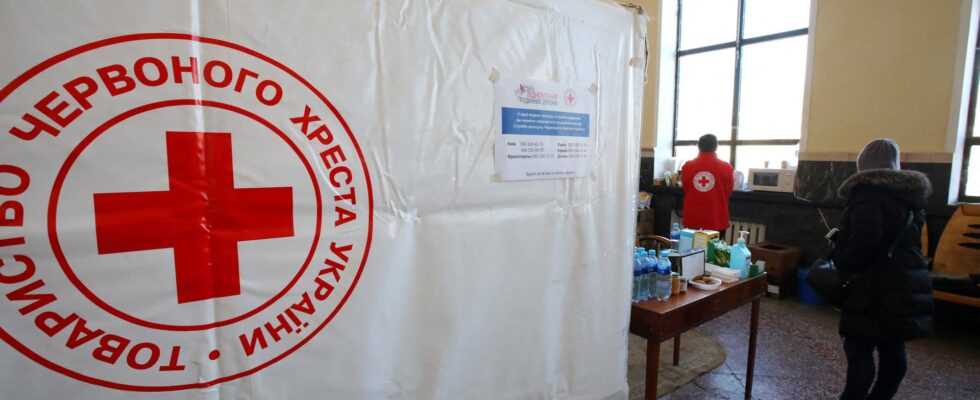“Even before the war, Ukraine had problems in offering antiretroviral therapy, and the war has exacerbated these problems,” says Hailevich, who left Kyiv for Moldova on March 4. An estimated 260,000 people were living with HIV in Ukraine at the end of 2020. According to UNAIDS, only 69 percent knew of their status, 57 percent received ART, and 53 percent had the virus completely suppressed by treatment. The organization’s most recent global target is 95 percent for each of these indicators by 2025.
»This war can set us back ten years in the fight against AIDS«
(Valeriia Rachynska, All Ukrainian Network of People Living with HIV/AIDS)
The country had made progress, but “this war can set us back ten years again,” says Valeriia Rachynska of the All Ukrainian Network of People Living with HIV/AIDS. Amid the indiscriminate shelling, many people will not be able to get their medication. “And even if you make it to a medical facility, it has to be stocked with medicines,” says Hailevich.
People fleeing to safety may have a month’s supply of medication, maybe just two weeks or less, says Rachynska. Those who cannot escape to safety and those in Russian-occupied territories are most at risk. To make matters worse, Ukraine was expecting a large shipment of antiretroviral drugs from India in early March. The President’s Emergency Plan for AIDS Relief initiative is now in the process of flying the drugs to a warehouse in Poland, from where they will be trucked to medical facilities in Ukraine.
»Everything that happens in Ukraine also affects the other countries to which people flee«
(Heather Papowitz, WHO Officer for Ukraine)
Opioid substitution therapy (OST), such as methadone, is now beyond the reach of many former IDUs – many of whom are living with HIV. Though the country has stocks that should last until October, Hailevich says, “If you’re in Kharkiv or Mariupol or in a Russian-controlled area, it’s very unlikely you’ll get it because Russia doesn’t allow the OST.” .«
Rachynska’s network, which has moved its offices from Kyiv to western Ukraine, advises those infected not to be afraid to disclose their HIV status when entering other European countries, but instead to go to hospitals and ask for medication. “Everything that happens in Ukraine also affects the other countries to which people are fleeing,” said WHO staffer Papowitz.
